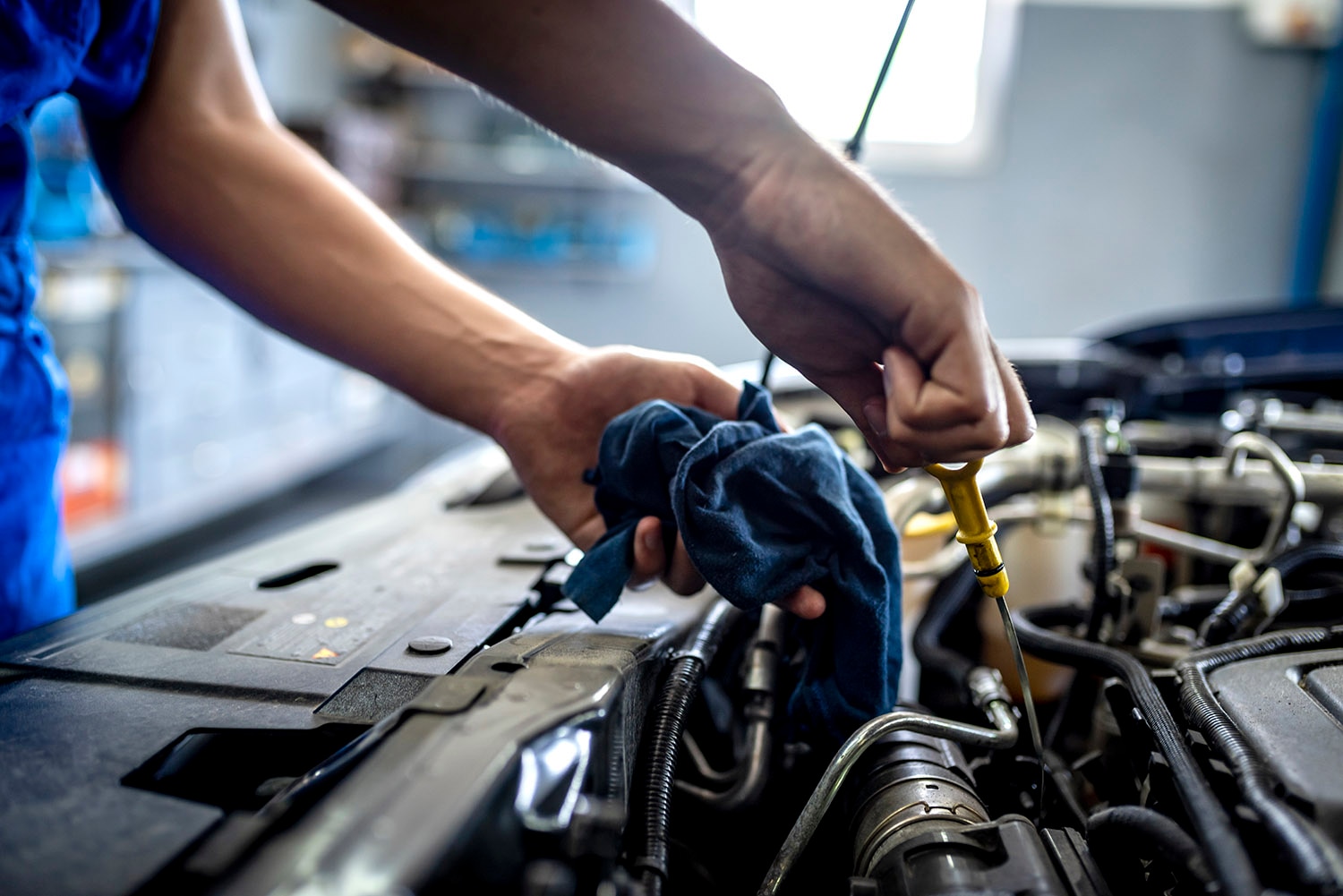5 Tips to Help Your Vehicle Last Longer
Cars and trucks can last for decades, especially if you make an effort to take care of them.
 Getty Images
Getty Images
Today's cars and trucks are in service longer than ever before. The average vehicle on U.S. roads is 12.5 years old, according to research firm S&P Global Mobility. If you want your vehicle to lead an equally long life, it could be helpful to cultivate a few good habits. Here are five things you can do that might extend your vehicle's lifespan.
Invest in High-Quality Parts
When it's time to fix something on your car, truck, or SUV, don't skimp on quality. Online auto-parts sites such as RockAuto allow you to compare multiple parts at the same time. They can also show you detailed information about each part to help you decide which one you think is best.
Familiarize Yourself With Enthusiast Forums
All car and truck models have their own particular quirks and weaknesses. When you discover any such quirk or weakness in your own vehicle, enthusiast forums can be a great resource.
There are nearly always fellow owners on those forums who've encountered whatever you're dealing with or something similar. Reading about how they successfully tackled the problem could give you the confidence to do the same.
Keep Fluids Clean and at the Correct Level
When it comes to your vehicle's fluids, following the schedule in your owner's manual is generally a good way to go. This goes for new cars as well as used ones. It can be helpful to look at an investment in relatively inexpensive automotive fluids as a way to help you avoid much more expensive repairs, such as a power-steering pump whose life was cut short due to a failure to change the power-steering fluid.
Focus on the Road Ahead
This may seem obvious, but when you constantly scan the road for potholes and other hazards, it can be easier to avoid them. Your driving experience will probably be less jarring and stressful, and more important, your suspension parts will probably last longer.
Look for upcoming stop lights and stop signs, too, and let your car gradually stop instead of accelerating all that distance and then slamming on the brakes. Driving more conservatively could yield better fuel economy and less wear and tear.
Play The $30,000 Game
I occasionally try a mental exercise I call The $30,000 Game. Imagine having an extra $30,000 in your bank account. That money represents the average used-car price over the past two years.
Automotive parts such as alternators, radiators, and durable brake and suspension components can help make an older car feel and drive like new. If you spend a few hundred dollars maintaining and upgrading your car every six months or so, you might extend its life and put off that $30,000 financial hit. This mindset can make it at least a bit easier to invest in your car or truck sooner rather than later.
Written by humans.
Edited by humans.
 Steven Lang
Steven LangSteven Lang is a special contributor to Capital One with nearly two decades of experience as an auto auctioneer, car dealer, and part owner of an auto auction. Some of the best-known auto publications turn to him for his expert insight. He is also the co-developer of the Long-Term Quality Index, a survey of vehicle reliability featuring over two million vehicles that have been inspected by professional mechanics.
Related articles
View more related articles